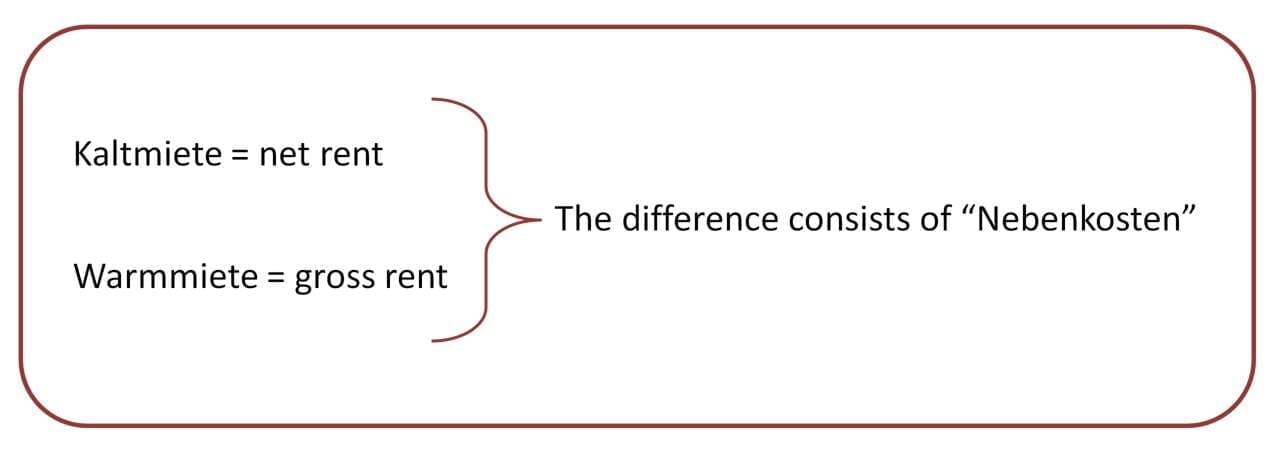Renting a flat is one of the many points on the long to-do list when moving to Germany, but how do you do it? We asked a real estate broker in Düsseldorf for some more information about “renting lingo” which is important to know before renting a flat in Germany.
If you don’t have a bank account set up yet, you’re going to need one in order to start making rent payments. Check out our post on the 6 best expat banks in Germany. You also may require to provide your Schufa, in which case you might also want to read up on “What is Schufa and how can I get it for free?“
One of the first “missions”, when I moved to Düsseldorf, was to find a place to live. I remember back then that I started my search on main online real estate platforms and realized one thing: most of them are all in German.
And I thought:
“How am I supposed to understand all these terms? What is important?”
It’s not an easy task to venture through, I will be honest, but in order to find a flat that you love, you’re going to have to put some elbow grease into it. However, in order to help English speakers, like myself, understand some German real estate concepts, here is a small recap of the most important things to be aware of before renting a flat in Germany:
When renting a flat, what do “Kaltmiete”,” Warmmiete” and “Nebenkosten” mean?
German listing portals mention two different types of rent:

The difference between “Kaltmiete” and “Warmmiete” is referred to as “Nebenkosten” (or “Betriebskosten”) i.e. ancillary costs.
The “Nebenkosten” concerns all costs related to the use of the property by the tenant. However, costs associated with administrative or management costs should not be part of the “Nebenkosten”.
“Nebenkosten” could include any of the following items:
- Lift costs
- Common area electricity
- Garden tending
- Building cleaning
- Antenna and cable fees
- Real estate tax
- Caretaker cost
- Heating and hot water provision
- Waste disposal
- Property insurance and liability insurance
- Chimney cleaning
- Street cleaning
- Water supply and drainage
- Laundry fee (maintenance of the machine)
These costs are not listed on online listing portals. Nevertheless, if you are about to sign a rental contract you should definitely ask the lessor which charges are part of the “Nebenkosten”. He should give you a complete overview and breakdown of such “Nebenkosten”. Also, do not forget to ask if the heating costs are already included in the “Nebenkosten”!
For those of you who have already signed their contract, but are wondering what are in those mysterious “Nebenkosten”, you have the right to ask your landlord. Moreover, if you think that the “Nebenkostenabrechnung” (overview of the annual ancillary costs) is too high, you have 12 months to ask your landlord for a written justification of these costs. On the other hand, he also has 12 months to correct the invoice.
PS: In order to avoid any problems, make sure you have a good liability insurance! Popsure offers private liability insurance for 4,99/month, otherwise you can use a price comparison website like TarifCheck to compare your options.
Last but not least, is there a way to avoid high “Nebenkosten”? One trick is to look at the heating system. In Germany, there are several types of heating systems. As mentioned above, this can considerably affect ancillary costs. When you choose a flat, avoid renting one with an electricity system (Strom) as it is very expensive.
Looking for a list of awesome websites to find the perfect apartment for your needs in Düsseldorf? Check out our list of apartment search engines with over 15 recommendations!
Here are a few other posts that might spark your curiosity:












